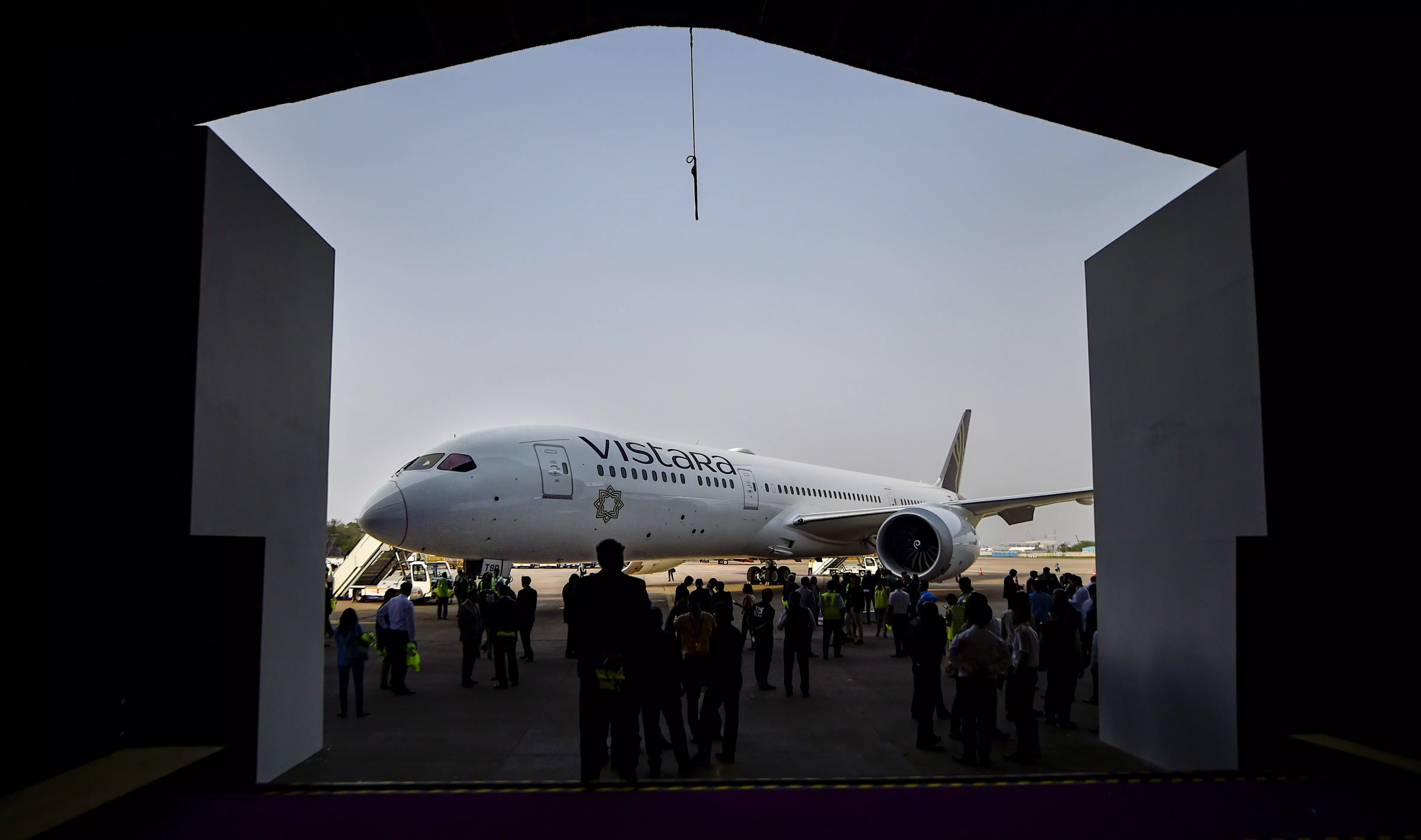DC Edit | Tackle turbulence in aviation

There has been unusual aviation turbulence on the ground with the Vistara airline under regulatory scrutiny after more than 140 of its flights were cancelled this week. Spot fares have gone up substantially on certain routes because of the cancellations while passengers have had their travel plans severely disrupted.
The crux of the problem is that the Tata-Singapore Airlines joint venture Vistara is to merge with Tata-owned Air India by mid-2025 and many of its 1,000 pilots flying 70 aircraft in around 350 flights a day will be affected as, post-merger. They may earn lesser pay packets and face other service condition changes like pay based on lesser fixed flying times.
Tata, with a first-rate reputation as an empathetic employer, must address these issues fully and transparently with their pilots and staff if the merger is not to affect employee harmonisation at a behemoth of an airline that owns one of India’s two biggest fleets.
The airline has been trying to mitigate the problem by flying wider-bodied aircraft and cutting back on flights, but the major issue is to do with pilots, in high demand in times of expanding passenger numbers and flights in an open sky policy even in a highly regulated industry, leaving the airline for greener pastures.
When loyalty is not of its gold standard days, organisations must be more receptive towards concerns of employees and this will be the challenge for the Tatas going forward. More importantly, the Indian flyers must not suffer as they are already facing issues after their numbers went up significantly to nearly catch up with pre-pandemic levels.
Indian domestic aviation is known for its high passenger load factor indicating efficient utilisation of capacity, but it frequently runs into turbulence on the ground from operational and other factors. Let it be said that the paying flyer expects to be served better as he is the one who suffers the most in any turbulence.

